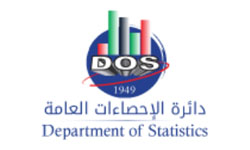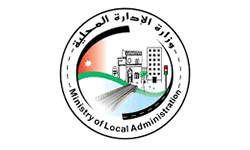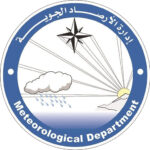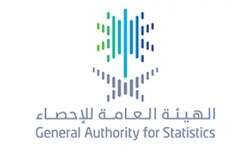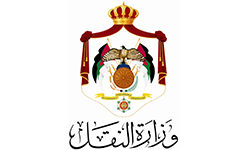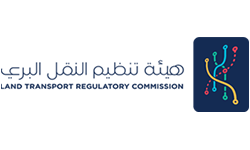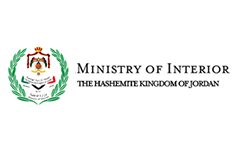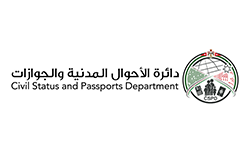Overview
Ministries and government agencies strive to achieve the highest levels of digital transformation as quickly as possible to facilitate and simplify access to government services and information for beneficiaries – citizens, residents, tourists, and businesses, taking advantage of the huge and continuous development in communications and information technology
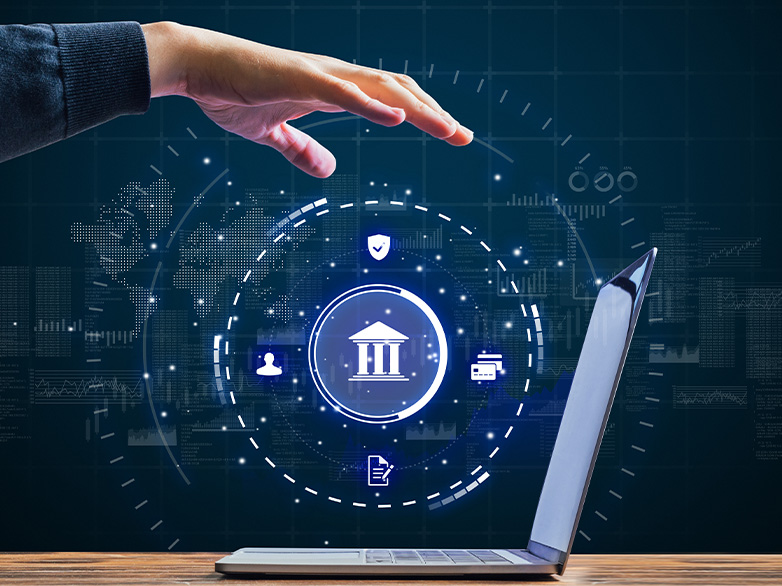
E-Government Indicators
Among the most important initiatives related to digital transformation are the e-government projects that are being implemented by almost all countries. The United Nations pays great attention to this program through the Division for Public Institutions and Digital Government (DPIDG) of the United Nations Department of Economic and Social Affairs (UNDESA)> UNDESA compiles competitiveness development indicators (EGDI) that are published on a regular basis
see: https://publicadministration.un.org/egovkb/en-us/About/Overview/-E-Government-Development-Index.
Partnership
RealSoft, along with its partners from ministries and government agencies, has contributed to the implementation of many e-government projects in many countries. RealSoft’s approach to achieving e-government is based on the fact that the basis of digital transformation is continuous updating and development in processes, policies, and procedures, in addition to public participation, and integration of the business community to take advantage of the opportunities offered by modern technologies.
Innovation
RealSoft consultants and engineers have provided services for process reengineering, database restructuring, and developing systems and applications to achieve the strategic objectives of the e-government by raising the efficiency and quality of services provided to citizens and the business sector. It enabled RealSoft customers and partners in the government sector to keep pace with the development of e-government and digital transformation strategies, and even to get ahead of other local and international government agencies.
Smart Services
RealSoft, with its partners, sought to move quickly and flexibly from one stage to another within the digital transformation strategy, starting from the dissemination of information, statistics, and indicators, through the automation of services and processes, to smart services, and the provision of capabilities that allow workers to benefit from machine intelligence, in providing effective services, and achieving the concept of agile government.
Unification and Integration
The concept of standardization, classifications, and integration of procedures and information is at the heart of the e-government project. The integration of processes and databases in providing e-services constitutes an independent level of maturity in the application of the e-government concept; Where the feasibility of electronic services is manifested in a single service station, which achieves a shortcut in obtaining approvals, certificates, and ratifications from multiple parties through integration between the parties concerned with each service, which considerably saves time and effort.
Our Clients




